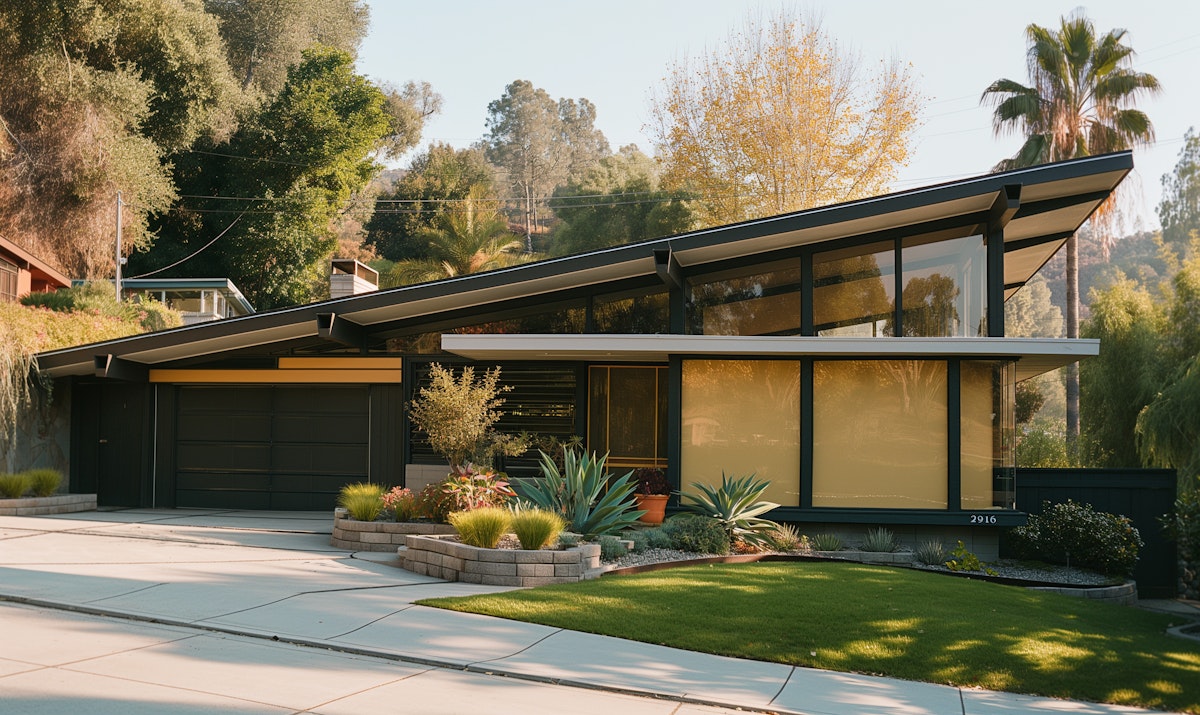Houston homeowners love their trees—they provide shade from our intense summers and add natural beauty to properties across 77024, 77057, 77005, 77019, 77027, 77055, 77007, 77094, and 77041. However, planting trees near concrete slabs, driveways, and foundations requires careful planning to avoid costly damage down the road.
In neighborhoods like Braeswood, Timbergrove, and Westchase, we've seen countless cases where beautiful mature trees eventually caused foundation settling, cracked driveways, and uneven walkways. The good news? With proper planning and species selection, you can enjoy the benefits of trees without compromising your concrete structures.

How Tree Roots Affect Foundations in Houston
Houston's clay soil creates unique challenges for both trees and foundations. When trees near foundation Houston properties grow, their root systems can:
- Extract moisture from clay soil - Causing the soil to shrink and settle unevenly
- Create physical pressure - Large roots can lift and crack concrete slabs
- Alter drainage patterns - Root systems can redirect water flow around your foundation
- Contribute to soil erosion - Especially during Houston's heavy rain seasons
In areas like 77041, we frequently see foundation issues that started as minor settling from nearby oak trees. What begins as a small crack can eventually require professional concrete leveling services.
Best Practices for Tree Placement Around Concrete
The key to successful landscaping in Houston zip codes 77024, 77057, 77005, 77019, 77027, 77055, 77007, 77094, and 77041 is strategic tree placement. Follow these guidelines:
Safe Distance Guidelines
- Small trees (under 30 feet mature height): Plant at least 10 feet from concrete structures
- Medium trees (30-50 feet): Maintain 15-20 feet minimum distance
- Large trees (over 50 feet): Keep 25+ feet away from foundations and major concrete areas
Remember, this distance should be measured from where the tree will be when fully mature, not its current size. In Braeswood and similar established neighborhoods, many foundation issues stem from trees that were planted too close decades ago.
What to Avoid: Species and Placement Mistakes
Certain tree species are particularly problematic for Houston concrete and should be avoided near structures:
- Weeping Willows - Aggressive root systems seeking water
- Silver Maples - Fast-growing with invasive roots
- Cottonwoods - Large root systems that can lift concrete
- Some Oak varieties - Depending on species and soil conditions
Additionally, avoid these common mistakes when landscaping in 77007, 77094, or 77055:
- Planting trees in narrow spaces between structures
- Installing irrigation systems that oversaturate clay soil near foundations
- Choosing fast-growing species for quick shade without considering long-term consequences
- Ignoring mature size when planning placement
Houston-Specific Considerations
Our local climate and soil conditions in areas like Timbergrove and Westchase require special attention:
Clay Soil Management: Houston's expansive clay soil moves significantly with moisture changes. Trees that extract large amounts of water can cause soil shrinkage, leading to foundation settlement in neighborhoods across 77024, 77005, and 77019.
Drainage Considerations: Proper drainage is crucial in Houston. Tree placement should complement, not interfere with, your property's drainage patterns. Poor drainage combined with tree roots can accelerate foundation settling.
Storm Preparedness: Houston's severe weather means tree placement should also consider wind patterns and potential storm damage to nearby structures.
Case Study: Foundation Issues in 77041
Recently, SafeLift HTX was called to address a settling driveway in 77041 where a homeowner had planted two large oak trees approximately 12 feet from their garage slab fifteen years ago. Over time, the combination of root growth and moisture extraction caused one corner of the driveway to settle nearly 3 inches.
While we successfully leveled the concrete using our polyurethane foam injection process, the homeowner also needed to consult an arborist about root barriers to prevent future settling. This case illustrates why proper planning is always more cost-effective than repairs.
Recommended Tree Species for Houston Properties
For safe landscaping near concrete in 77027, 77057, and surrounding areas, consider these Houston-friendly options:
- Bald Cypress - Native species with controlled root systems
- Redbud - Smaller mature size, beautiful spring blooms
- Mexican Buckeye - Native, drought-tolerant once established
- Chinquapin Oak - Medium-sized with less aggressive roots than other oaks
Protecting Your Investment
Whether you're in Memorial Villages, River Oaks, or West University, proper tree placement protects both your landscaping investment and your property's structural integrity. If you're planning new landscaping, consider consulting with both a certified arborist and a foundation specialist.
For existing properties where tree roots may already be affecting concrete, early intervention is key. Signs to watch for include:
- Cracks appearing in driveways or walkways
- Uneven concrete surfaces
- Standing water near foundations after rain
- Doors or windows that stick seasonally
Remember, proper planning today prevents costly repairs tomorrow. For Houston homeowners across all zip codes—from 77024 to 77041—the investment in proper tree placement and species selection pays dividends for decades.
If you suspect tree roots may be affecting your concrete, don't wait for the problem to worsen. Early assessment and intervention can save thousands in repair costs while preserving both your trees and your structures.
Looking for foundation repair options in Houston? Our team has experience with tree-related foundation issues across all major zip codes. We also offer guidance on preparing your property for concrete leveling when landscaping factors are involved.
Schedule a slab inspection in 77027 today. Our experienced team can assess your property and provide tree-safe foundation solutions throughout Houston.
Schedule Inspection Call (832) 990-1891